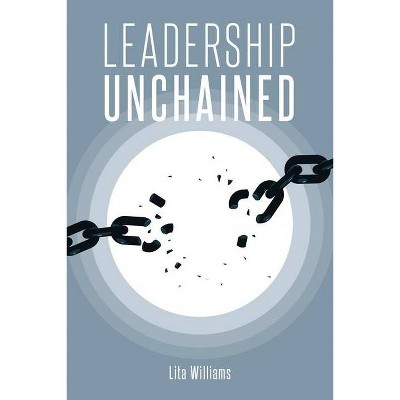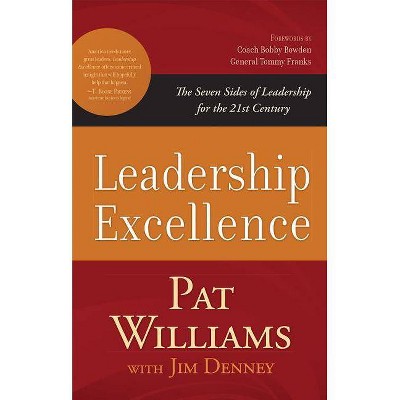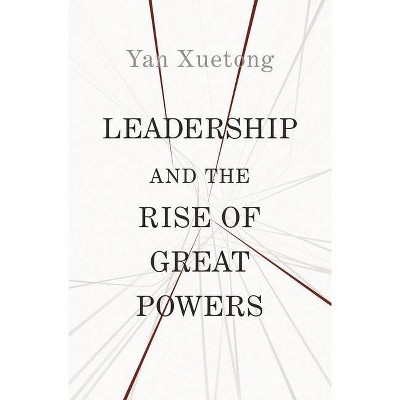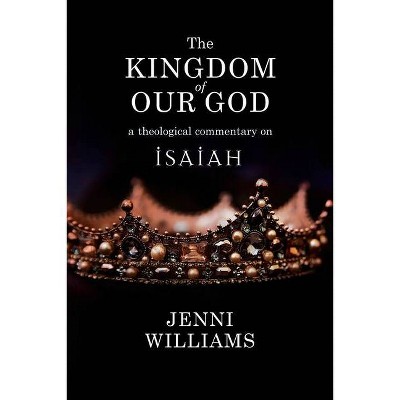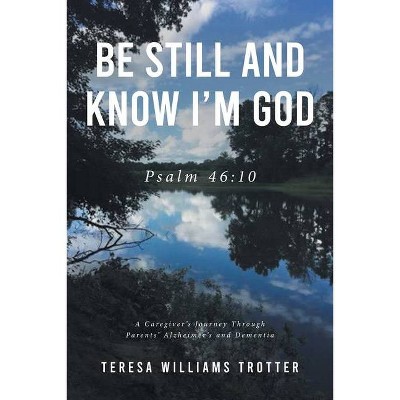Wing to Rise - Blacks, Leadership and the Assemblies of God - by Darnell K Williams (Paperback)
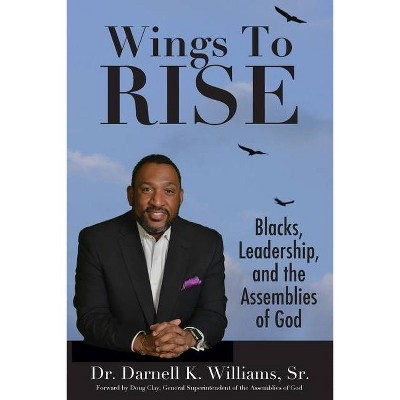
Similar Products
Products of same category from the store
AllProduct info
<p/><br></br><p><b> Book Synopsis </b></p></br></br><p>As an Assemblies of God minister and pastor of a diverse congre-gation, a leader in a multicultural network that is 60 percent African American, an executive in the National Black Fellowship, which seeks to "recruit, develop and empower ministers and churches to fulfill God's mission in urban America," and an AG executive presbyter, I believe God has placed me in a unique position to help our movement cultivate a diverse leadership in order to reach a diverse America. </p><p><br></p><p>As the world's largest Protestant movement, the Assemblies of God has a powerful opportunity to leverage its influence to create pathways for African American leaders. The Assemblies of God has already proven itself as a global force in world missions. It has successfully sent forth missionaries to establish church networks, found Bible schools, and provide humanitarian outreach through healthcare, nutrition, and digging wells. With its missional focus and equipped ministers, it now has a remarkable opportunity to make significant impact in urban America.</p><p>This book has the potential to face the racial divide in the United States and to make a way forward to address the sin of institutional racism and individual prejudices that still plague the landscape of this nation. As people of color are empowered to positions of leadership in our Fellowship, they can lead the Church in overcoming racial division and pave the way for a radical spiritual renewal in the nation's urban centers, which remain plagued by poverty, violence, dysfunction, and hopelessness. This will require intentionality around the promotion of black individuals in roles of leadership at all levels of the Fellowship. This book is designed to cultivate such leadership, as it promotes the strides the AG has already made over the decades and further spurs the Fellowship to continue identifying, recruiting, promoting, appointing, electing, and making space for black leaders among its ranks.</p><p>The Pew Research Center noted in a 2015 study that the Assemblies of God has become the most diverse Protestant movement in the country.</p><p><br></p><p>Despite the healthy diversity within the constituency of the Assem-blies of God, a lack of diversity within leadership prevails. While the sixty-seven districts of the Fellowship may have African Americans serving at various levels of leadership, as of 2020, only two black individuals serve as duly elected district executives: Dr. Samuel Huddleston, who serves as assistant superintendent of the Northern California and Nevada District, and myself. The General Presbytery comprises district-elected executives, pastoral representatives from each district, and representatives of ethnic or language fellowships. As of 2014, 88 (32 percent) of the 274 general presbyters are ethnic or language GPs. Minority GP representation comes predominately from either ethnic fellowship representation or language districts rather than through elected district leaders. </p><p>Though the Fellowship remains racially diverse in terms of constitu-ents, the leaders at the district levels do not reflect this diversity. As a result, black leaders are underrepresented in the current electoral process within the Assemblies of God, and an opportunity exists to cultivate diversity within leadership roles. This will require working with or around the governance model of the Fellowship, which is primarily based upon elected leadership. Because of this model, minorities face a daunting task to occupy leadership positions. </p><p><br></p><p><br></p><p><br></p>
Price History
Price Archive shows prices from various stores, lets you see history and find the cheapest. There is no actual sale on the website. For all support, inquiry and suggestion messagescommunication@pricearchive.us
